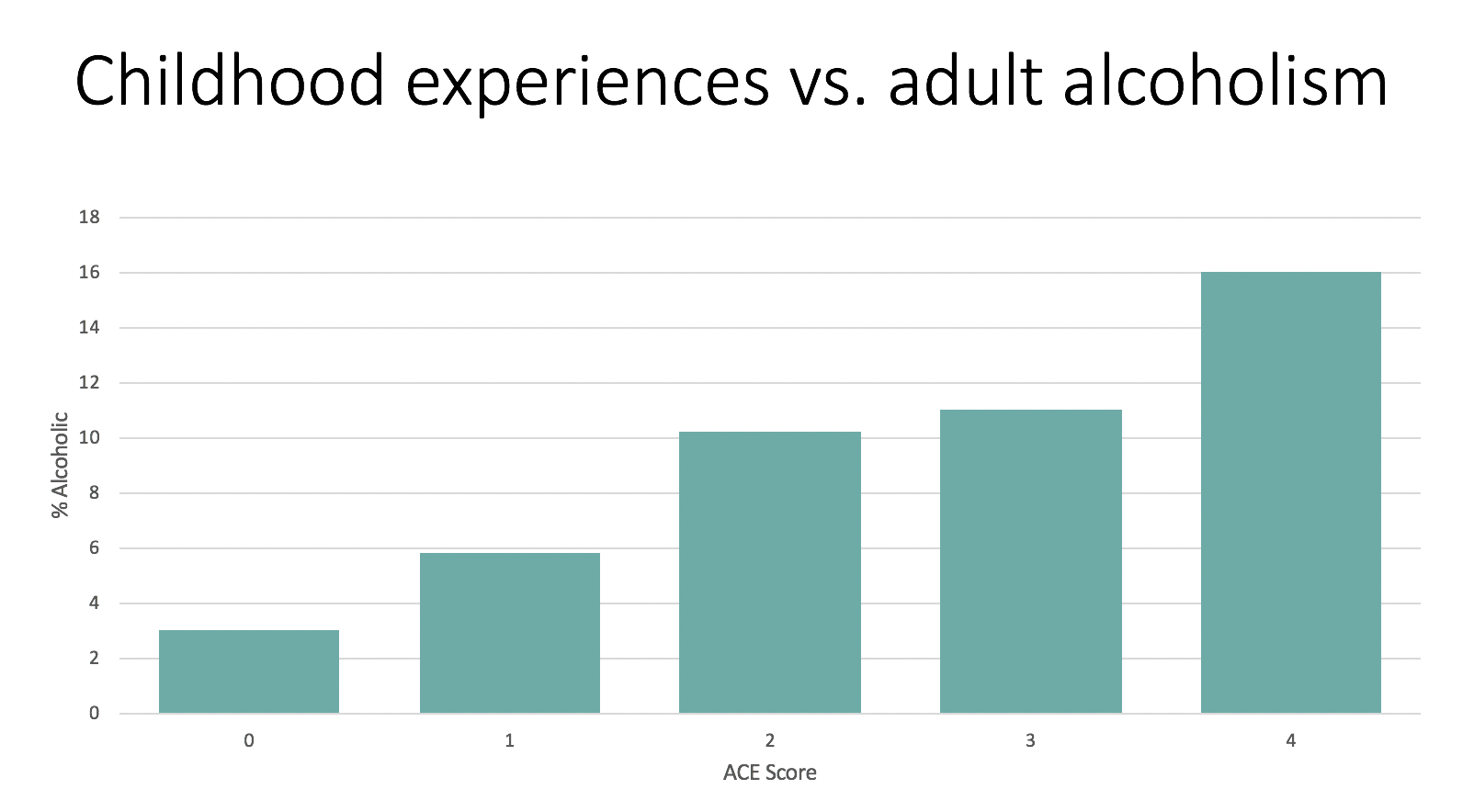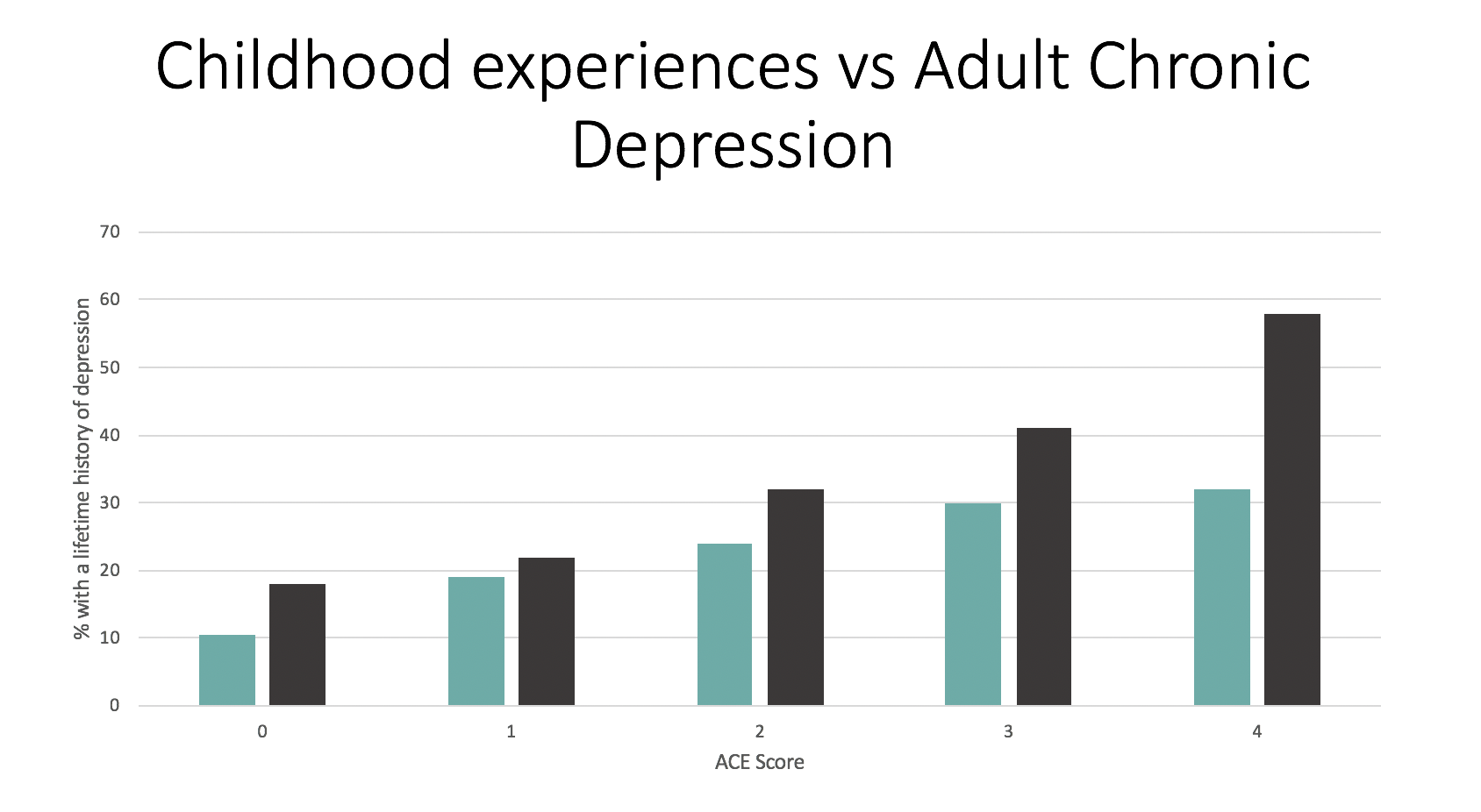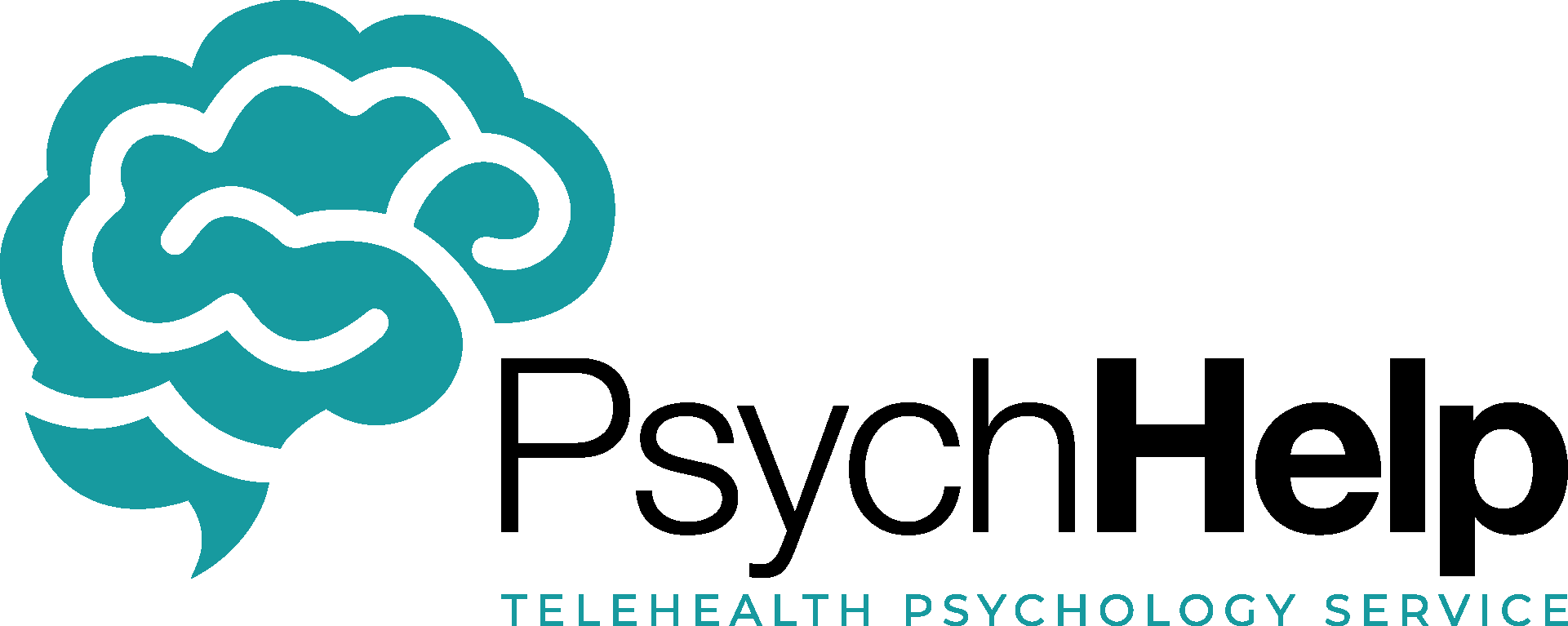Adverse Childhood Experiences Questionnaire
The ACE study is one of the most important research projects for understanding the impact of our childhood experiences on later physical and mental health. The large study found that the greater a number of adverse experiences a child had the more physical and mental health problems they had as adults. More adverse experiences as a child also led to more unhelpful coping behaviours in adulthood (i.e. alcohol abuse). Unfortunately ACEs are very common in the general population with almost 90% of the population having at least a score of one. If you are interested in this study please visit the CDC for further information.

Sometimes the links between these events can seem distant in time and all the reasons for the connections are not fully understood. But this relationship may be important for you to consider in terms of your own health and wellbeing as well as that of your children. The items in the ACE survey are not a comprehensive list of traumatic events that can occur in childhood. There are many other events which can be traumatic for children and young people which are not included. However this survey does give us a good indication of the types of events that can affect children. These questions should be used as a guide only in terms of areas that may want to discuss with your PsychHelp psychologist.

If you complete the ACEs survey please remember that while the research indicates the higher your score the greater the likelihood of having mental and physical health problems there are many factors which can reduce this impact. One of the main protective factors in your life are your relationships. Other areas that can help you reduce your likelihood of experiencing these difficulties are having helpful coping behaviours, eating a healthy diet, having meaningful activities, helping other people and exercise.
The information on this page is to provide a brief screen and should not be a substitute for professional assessment, diagnosis, and treatment.
